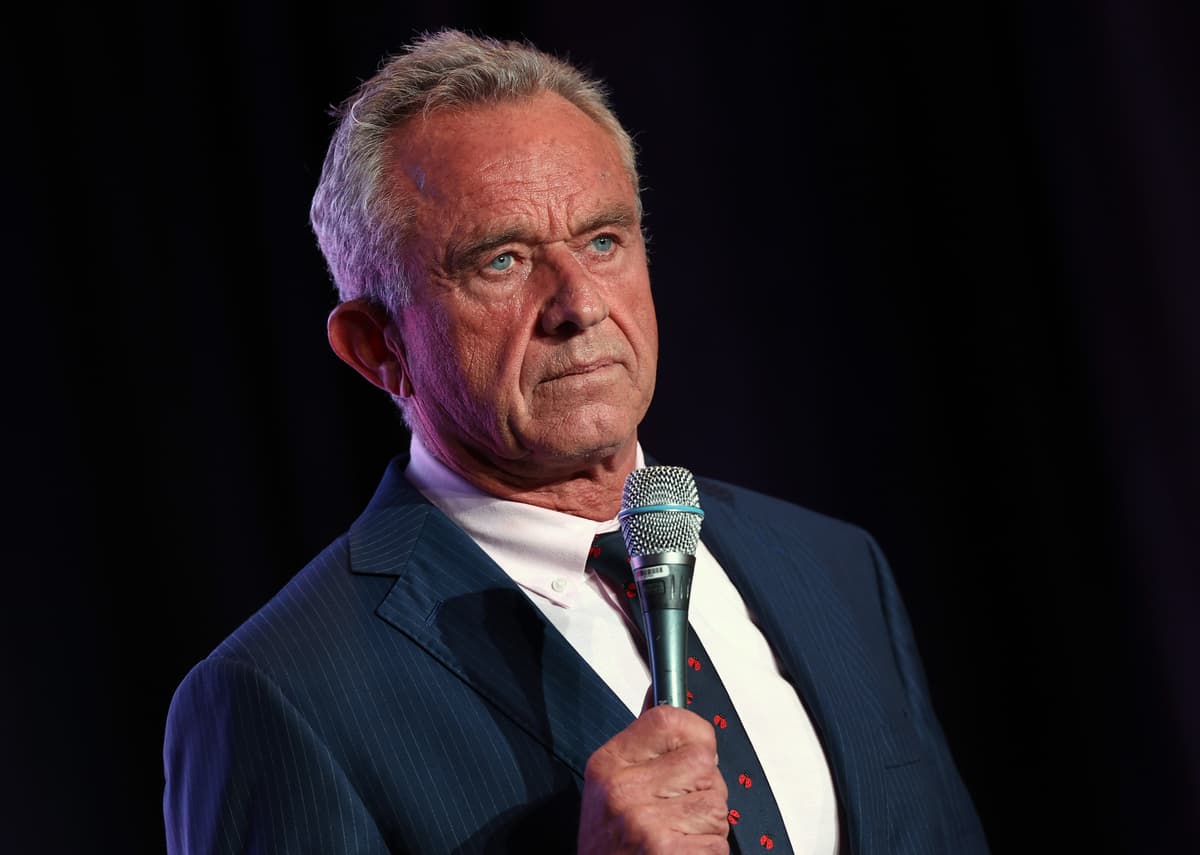Michigan To Keep RFK Jr. on the November Ballot, Threatening Trump’s Chances of Winning the State
Mr. Kennedy sued the secretary of state seeking to have his name removed after he withdrew from the race and endorsed the former president.

Former presidential candidate Robert F. Kennedy Jr.’s name will appear on the November ballot in Michigan, a critical swing state that could help deliver the presidency. The state’s supreme court ruled that Mr. Kennedy’s request to have his name withdrawn was not based in law or necessity.
Mr. Kennedy withdrew from the race after anemic polling and fundraising numbers and endorsed President Trump, saying the former president was more prepared to take on the entrenched interests of Washington. He then moved to take his name off the ballot in critical swing states where the election between Trump and Vice President Harris is expected to be decided by just a handful of votes.
He would, however, keep his name on the ballot in safe red and blue states like West Virginia and Vermont so that at least Americans in those states could register their frustrations with the two-party system.
Mr. Kennedy “has neither pointed to any source of law that prescribes and defines a duty to withdraw a candidate’s name from the ballot nor demonstrated his clear legal right to performance of this specific duty,” the Michigan supreme court said in its opinion, which was released Monday. The justices wrote that he had not shown “an entitlement to this extraordinary relief.”
Mr. Kennedy asked the court on the night of August 30 — the start of the Labor Day holiday weekend — to strip his name from the ballot. He was nominated by the state’s Natural Law Party, which in turn wrote to the secretary of state’s office saying they opposed Mr. Kennedy’s effort to remove himself from the ballot because the minor party would “face severe prejudice if its candidate were removed from the ballot.”
The decision was 5–2, with the Republican-appointed chief justice siding with the four Democratic appointees in denying Mr. Kennedy’s petition to remove his name.
The two other Republican appointees, Justice Brian Zahra and Justice David Viviano, said that the court had no justification for forcing Mr. Kennedy to remain on the ballot given that the ballots have yet to be printed. They say the court’s decision will undermine Michiganders’ faith in the voting system.
“There is no practical reason for denying a request to withdraw before the ballots have been printed for the general election,” the two dissenting justices write. “There is, however, a significant cost to the integrity of the election: the voters will be improperly denied a choice between persons who are actually candidates, and who are willing to serve if elected.”
“There is great distrust in the American voting system. The ballots printed as a result of the Court’s decision will have the potential to confuse the voters, distort their choices, and pervert the true popular will and affect the outcome of the election,” the dissenters said.
Some commentators online were quick to point out that it may be unfair that Mr. Kennedy was forced to remain on the Michigan ballot while President Biden, who also withdrew from the race, was permitted to withdraw his name. The issue was that Mr. Biden had never been formally nominated by the Democrats, while Mr. Kennedy had already been nominated by the state’s Natural Law Party as their presidential candidate.

